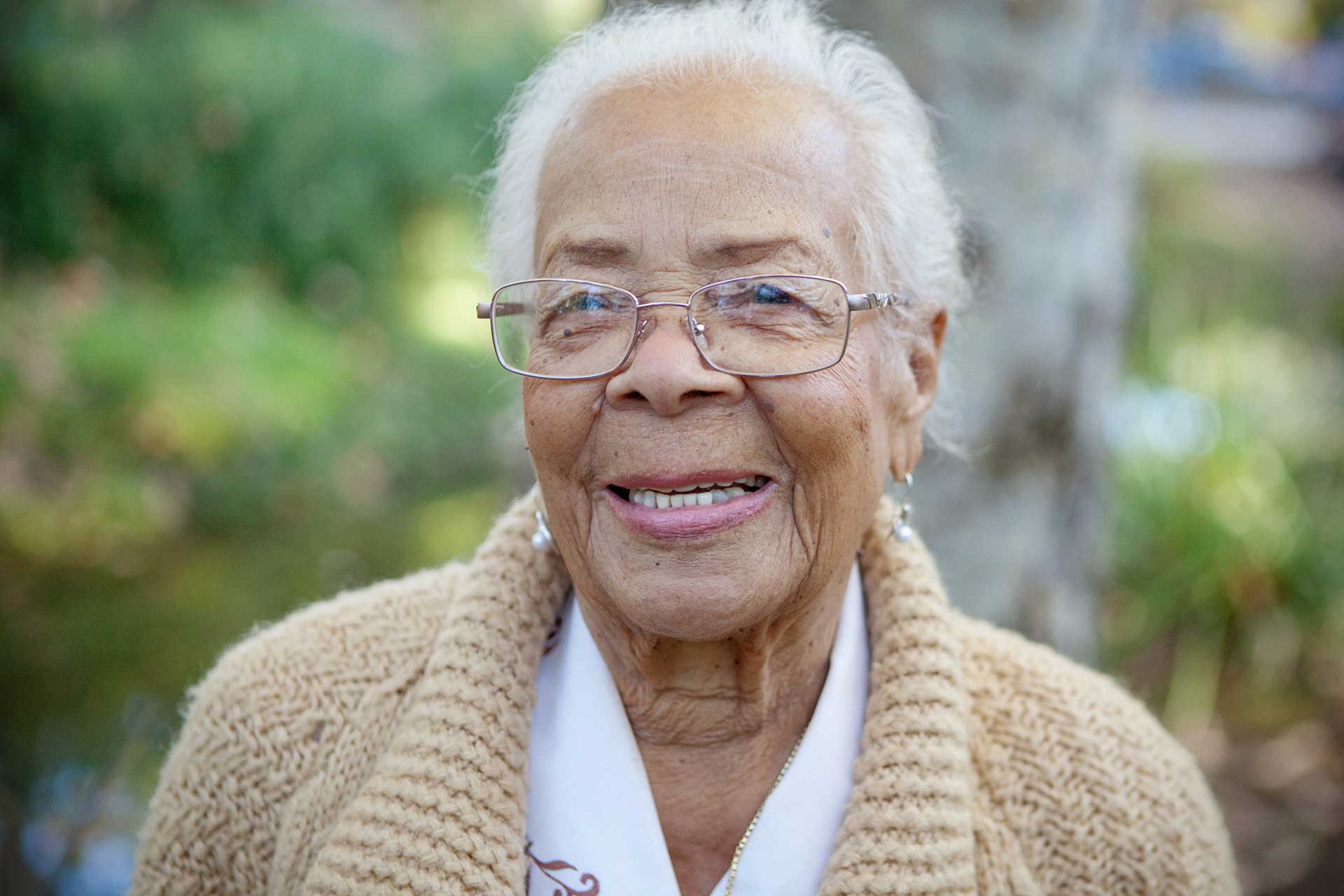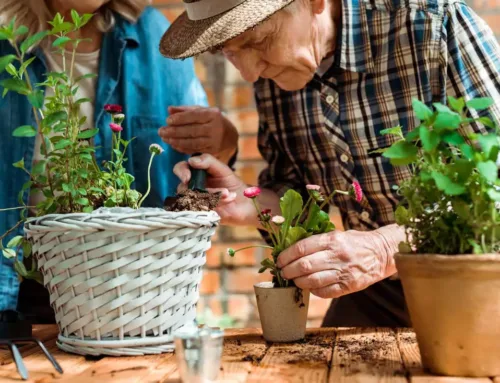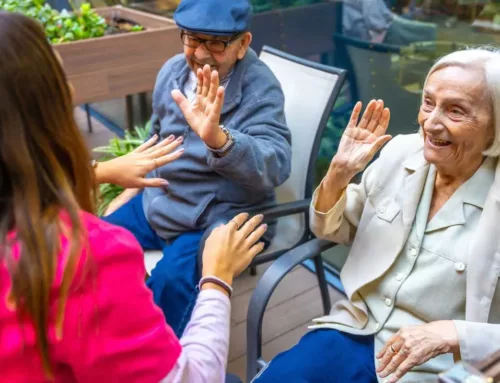
For the family caregivers of aging seniors, it’s possible that 2020 turned to 2022 in the blink of an eye. And with an unprecedented pandemic and ever-changing rules and regulations to consider, you might not have had time to think about how well your loved one’s care plan was working. This year, be sure to take a moment to reflect, review and ask yourself some important questions about the future of your loved one’s care.
For example, you might wish to consider whether your relative is living happily and healthily, or whether residential assisted living in AZ could offer a safer and more social environment to meet their needs. Equally, it’s important to think about whether you are coping physically, mentally, and emotionally with the demands of their care. As a family caregiver, could you benefit from some additional support?
Here are 5 things you can do to improve your loved one’s care while honoring your own needs in 2022.
- Plan Ahead and Explore Options in Advance
Talking to an aging parent or loved one about residential assisted living isn’t always easy, and many family caregivers avoid broaching the topic altogether. But if you think your loved one might benefit from residential care somewhere in the foreseeable future, it’s important to start exploring their options early. Introducing the idea before it’s urgent will allow you and your loved one to take your time researching and visiting potential residential assisted living facilities.Planning will increase your chances of finding a community that is the perfect fit for them, and that truly feels like home. It can also be useful to plan ahead from a financial standpoint, and residential assisted living with inclusive meals and 24/7 professional caregivers can be a great, cost-friendly option when compared to other types of senior care. When visiting prospective assisted living facilities in Tucson, be sure to inquire about all costs associated with your loved one’s care.
- Don’t Overlook Your own Needs
As a family caregiver, it’s easy to neglect your own health and wellbeing to spend more time with your loved one. If you’ve noticed you’re feeling emotionally or physically burnt out, it’s important to have an honest conversation with yourself about what you need going forward. Are you lacking in social support, for example, or perhaps you would benefit from increased physical activity or a little more sleep? Caregiving can be demanding, and you deserve to feel that your own needs are being met, too. If you struggle to do things just for you, feel assured that taking care of yourself will also allow you to provide the best care possible for your loved one. - Reach out for Practical Support
It might be useful to remind yourself that you are a human being, and aren’t expected to be a superhero. Sometimes, despite your best efforts, it may be impossible to provide everything your loved one needs single-handedly. As a family caregiver, you might be juggling your loved one’s care with a career, raising children or maintaining relationships and friendships. If the demands of caregiving are having a negative impact on other important areas of your life, it’s perfectly ok to seek additional support – whether this be from family and friends or professional caregivers. - Join a Support Group for Family Caregivers
Feelings of isolation and loneliness are common amongst family caregivers. Luckily, many communities host support groups to help caregivers connect with others who can relate to the challenges they face. Though close friends and family members may be happy to offer a listening ear and a comforting chat over a cup of coffee, it can be valuable to gain support from individuals who can offer practical advice and guidance based on their own caregiving experiences. Fellow family caregivers are a great part of any support system, offering both a fountain of experience-based knowledge and the much-needed emotional support you deserve. - Create a System for Important Documents
When you took on the role of being a family caregiver for an aging loved one, you might have also taken charge of a range of important documents. These documents could contain everything from your loved one’s healthcare plans and wishes, to financial details vital for organizing residential assisted living or nursing care in the future. It pays to ensure you have all the relevant documentation ready and available for whenever you might need it. Create a filing system to organize important paperwork in a way that makes sense for you and your loved one, and consider hiring an attorney for guidance with any legal or financial issues.
Considering Residential Assisted Living?
In 2022, take some time to reflect on what is and isn’t working with your senior loved one’s current care plan. If you’re struggling to cope with the increasingly complex demands of your relative’s care, it may be worth considering what the next chapter of their retirement might look like for you both.
If you’re interested in exploring residential assisted living options for your senior loved one, get in touch or arrange a visit today to find out more about how we serve seniors and offer vital support for their family caregivers.




